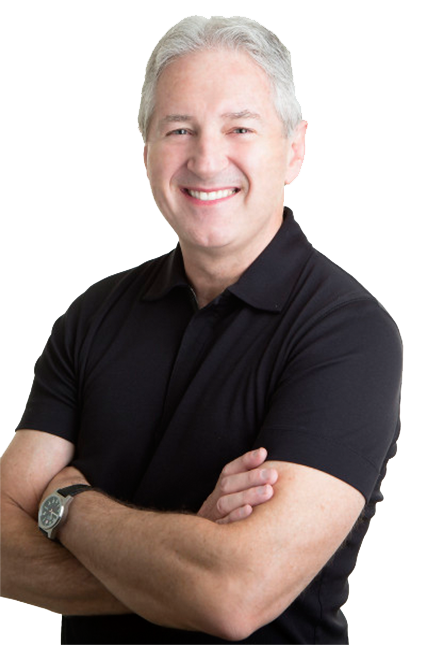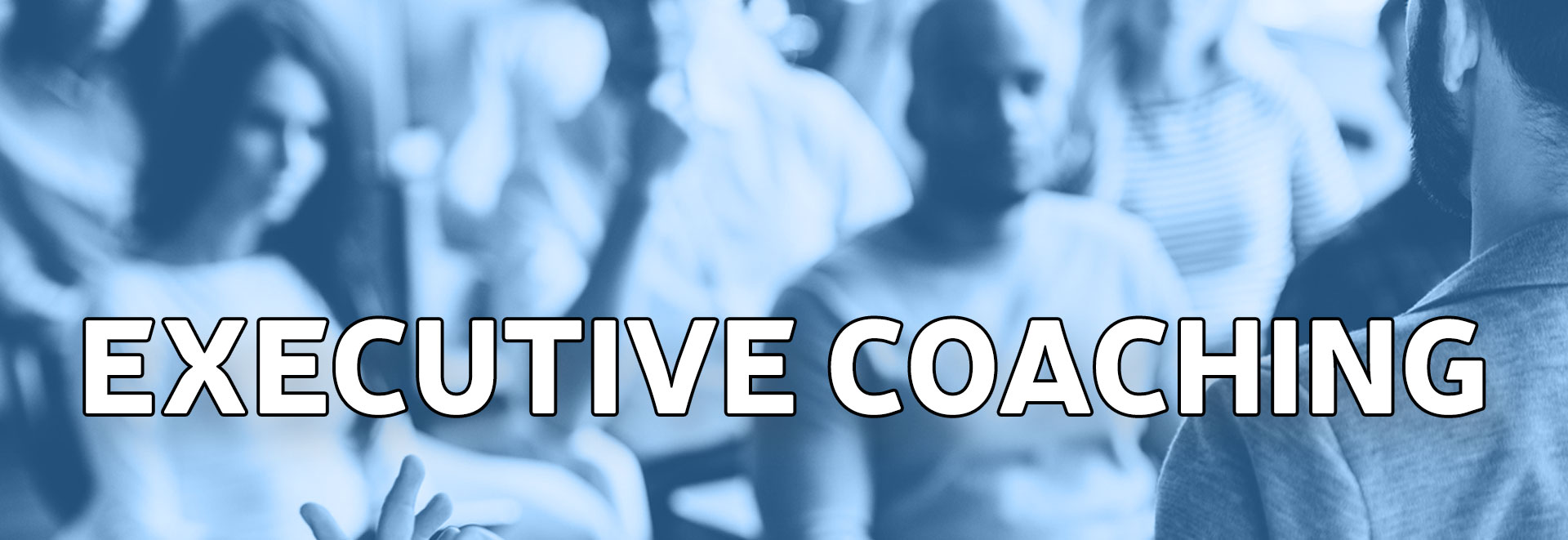
In the context of achieving success, coaching is not so much about telling you what to do. Rather, it’s about asking powerful questions, and affording you opportunities to examine what you’re actually doing in light of your stated intentions.
- Narrowing the gap between what you say you want – and the results you’re not yet achieving – constitutes the essence of coaching.
- Coaching is how YOU go about narrowing this gap
Leaders are in the business of achieving results. Executive coaching assists you in getting the important things done, while realizing your higher potential.
Engagement begins by focusing on your deeper purpose. What really matters?
- Assisting you to paint a picture of your desired future, I direct your energies toward what it is that you really want.
- Strategic thinking and planning processes then outline pathways toward these objectives.
- The coaching program centers on equipping you with the means to leverage your assets and resources in the service of achieving your desired outcomes.
Coaching involves a learning partnership that’s designed to unlock your leadership capabilities. Depending on your particular style, I customize an individually tailored program that both supports and challenges you in your developmental strivings. That means meeting you where you are. Right now.
- Gaining insight into your inherent strengths and weaknesses will aid you in overcoming barriers within yourself, your team, and your organization.
- New tools wielded with deeper understanding, outfit you to take bold, sustainable steps forward.
- The core of this partnership focuses on you becoming a generative instrument of service.
- Of you becoming an ever more finely honed tool in the service of achieving your optimal results.
I facilitate the development of individual talents and skills with real-time practice and training. In particular, I assist leaders to expand their perspective-taking abilities in order to perceive challenges more readily, imagine multiple solutions more creatively, and to communicate, inspire and act more effectively.
WHAT I OFFER
An integrally informed executive or personal life coach works intimately, in an atmosphere of mutual trust, mutual respect and freedom of expression with clients to help them articulate and achieve the goals they really want in life, the ones that are most in harmony with their highest self.
Coaching helps clients with a wide range of problems, including specific problems, such as how to increase the chances of rising up the ladder in a management firm by developing an impressive portfolio of business, how to overcome interpersonal difficulties with a business colleague, or how to bring a creative vision to practical fruition; and problems that are more general in nature, such as feeling “stuck” or vaguely dissatisfied in one’s life and/or career, wanting to be more effective on the job, or wanting to create more balance and richness in one’s life.
A coach not only holds the client accountable and keeps the client moving toward his or her dreams and goals, but also helps the client make important personal changes that permit the client to remove the self-imposed limits that have been holding him or her back.

HOW IT HAPPENS
An integrally informed coach helps the client effect these changes, first by establishing a relationship of trust, honesty, and support, and second by focusing on the client’s interpretation of his or her current situation, including the client’s self-interpretation.
My approach to coaching recognizes that a person’s effectiveness is directly related to a person’s assumptions, beliefs, and self-concept. Unless one is willing to examine and change one’s self-imposed conceptual limitations, meaningful change is highly unlikely, because one’s beliefs about oneself and the world tend to predetermine the outcome.
Change will occur, however, with the right information and motivation. That’s where having a coach can be indispensable. A coach doesn’t analyze the client, but rather listens, supports, challenges, asks questions, and is committed to helping the client find his or her own truth and then working to take the steps to actualize these goals.
HOW I WORK
HOW IT WORKS
An Integrally Informed Perspective on Coaching:
 *I would not give a fig for the simplicity this side of complexity, but I would give my life for the simplicity on the other side of complexity.
*I would not give a fig for the simplicity this side of complexity, but I would give my life for the simplicity on the other side of complexity. 
Oliver Wendell Holmes
“Integral” theory strives to include a wide diversity of ideas and methodologies into a larger, overarching framework. It draws together already existing paradigms into an interrelated network of approaches that are mutually enriching.
The Complexity of the Self, and the Simplicity of understanding it:
As I practice and engage it, Integral coaching aspires to:
- Bring coherence and responsiveness to the complexity your sometimes wide-ranging and disparate strivings.
- Cultivate insightful awareness of the range of motivations and intentions with which individuals often wrestle.
- Become an important step toward designing a life plan or purpose that is in alignment with your deeper intention
Integral insight involves an understanding of all the different sides of ourselves:
- So as to better be able to consciously relate to elements that we may otherwise be unaware of.
- It is not only the presenting life conditions that you need to get a handle on, but more importantly…
- It is the interpretation that you bring to bear on the circumstance that determines outcomes.
Indeed, this process will often reveal hidden “competing commitments”
- These serve to derail otherwise boldly stated good intentions and heartfelt efforts to change.
- I employ a process to help the client excavate these hidden immune systems to change.
- By penetrating unexamined “big assumptions”, based on unconscious fears that hold us back.
- With support and guidance, you are then more readily able to risk beginning to take small measured steps toward.
- exploring self-defeating, self-imposed limitations.
In order to help individuals be long-term exceptional performers in relationship and at work,
- Integral coaching involves looking at both the individual as well as collective dimensions of your life
- Of both the interior and exterior elements of your world.
- This means taking into account the “I’ the “We” and the “It” pronouns, in order to refer to first, second and third person perspectives.
- Exterior dimensions are physically observable, whereas interiors are experienced inside ourselves.
The individual interior dimension (I) of experience has to do with how we make personal meaning.
- Any person reading this right now is having a unique and individual interior experience
- Such a perspective involves a unique combination of cognitive abilities, emotional reactions, motivations, sense of purpose, values, moral concerns, aesthetic sense of beauty…
- This is how we understand ourselves, consciously or otherwise
The collective interior dimension (We) is the “cultural/shared values” aspect
- These are our shared principles, values, mental models, the sense of being part of something
- This is where there is a “meeting of the minds” with our groups of others, near and far
- Where we entertain commonly held ideas
- Whether we have our own larger perspective on these modes of collective understanding – or not
The collective exterior sides of ourselves involves that which we often talk about in how we see things running or operating
- Systems and processes
- Regulatory systems, systems of governance
- Written rules of engagement, and established codes of conduct that we either operate by, or believe we are supposed to
The individual exterior domain has to do with our physically observable behaviors
- Personal skills
- Performance demonstrations,
- Expressed talents and duties
- Evident and recognizable health and so forth













 Get In Touch
Get In Touch 

